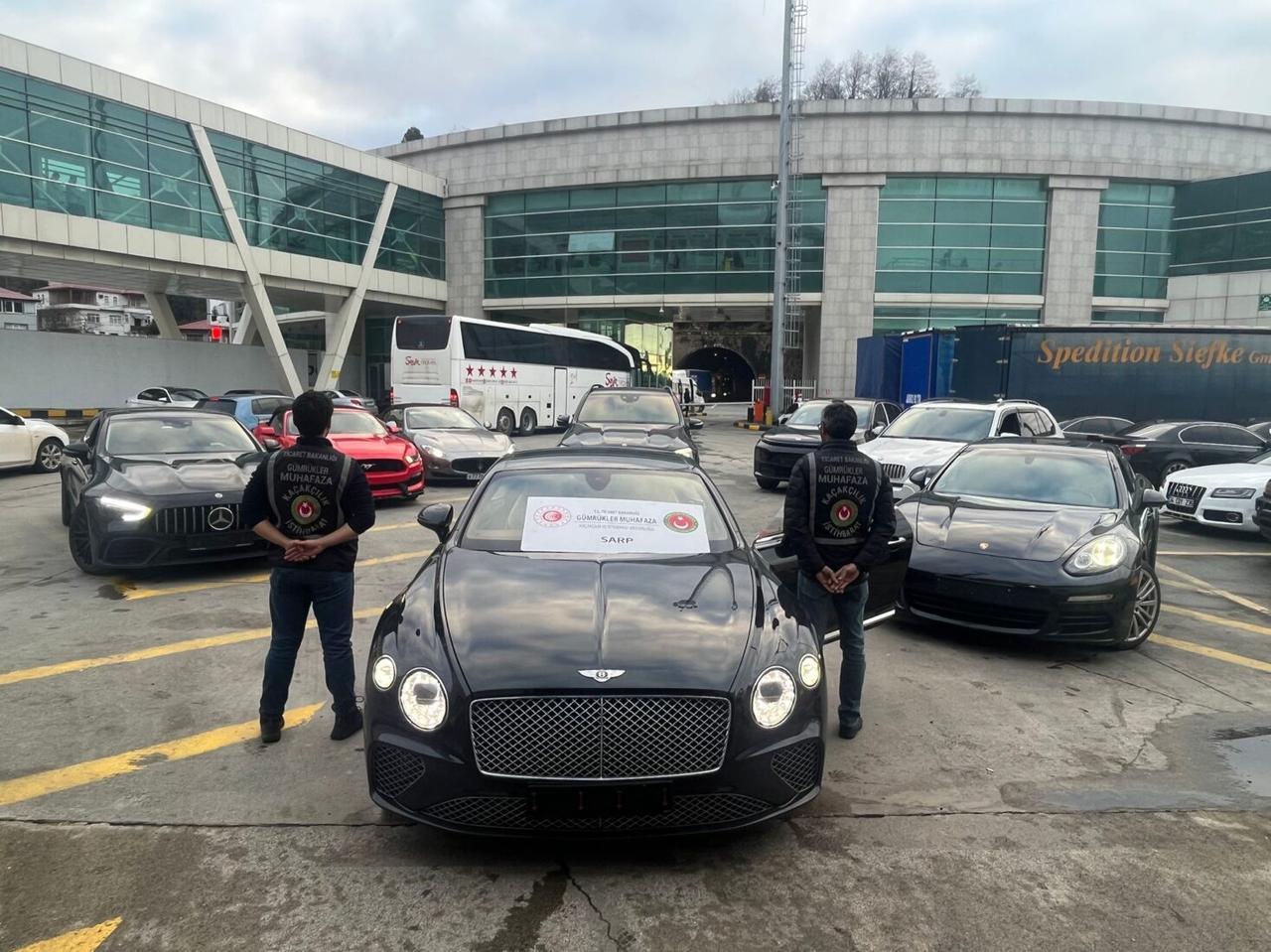
A new tax initiative in Türkiye is drawing attention to a persistent issue: those living luxury lifestyles without a visible or declared source of income. These individuals will be invited to provide a statement to the financial administration authorities.
The ministry has begun tracking such discrepancies more systematically through a newly developed compliance program. The goal is to identify individuals whose consumption patterns—such as luxury cars, high-end real estate, and lavish vacations—do not align with their reported financial statements.
The effort is being led by Türkiye’s Tax Inspection Board and Revenue Administration through the "High-Income Groups Monitoring and Compliance Program." The initiative operates on a dual track: first, encouraging voluntary correction of undeclared income, and then deploying audits for those who fail to comply or provide a convincing explanation.

The new program is a response to long-standing challenges in addressing tax evasion among high-net-worth individuals who manage to avoid scrutiny by disguising personal expenditures as business activities.
The given opportunity of “voluntary compliance”—referred to in Turkish law as “invitation for explanation”—is designed to give taxpayers a last chance to explain or correct discrepancies before formal penalties or investigations are applied.
It allows individuals to come forward and declare underreported income or profits without facing further immediate legal consequences. If the explanation is accepted, the case is closed without further action, thereby reducing the administrative burden on tax authorities and encouraging self-correction.
Those who take advantage of this mechanism can avoid both penalties and interest charges, as long as they pay their outstanding taxes.
The program also represents a shift from reactive enforcement to proactive engagement, aimed particularly at individuals whose financial footprint raises red flags. However, if a taxpayer’s explanation is deemed insufficient, the case is referred to the inspection phase, potentially leading to a full audit and legal proceedings. The authorities are emphasizing that this window for voluntary correction is temporary and conditional.
One of the central findings behind the program is that many individuals are enjoying visibly expensive lifestyles while officially reporting very modest incomes, or none at all. This trend is especially common among company shareholders who use corporate resources as if they were personal wealth.
In many of these cases, individuals have not gone through the legal processes required to treat company profits as personal income.
In Türkiye, companies and their shareholders are considered separate legal entities. Shareholders are not permitted to access company profits as personal income without a formal profit distribution, which is subject to a 15% withholding tax.
However, in practice, some shareholders bypass this legal structure. They use company revenues to purchase real estate, vehicles, and other luxury goods for personal use without reporting these benefits as taxable income. This has long undermined the fairness of the tax system and deprived the public budget of significant revenue, while creating a sentiment of injustice within the society.

The Risk Analysis Directorate has identified around 10,000 individuals whose financial behavior fits the profile targeted by the compliance program. These taxpayers were found to be using company funds as personal income without proper reporting or payment of applicable taxes.
Authorities have not yet launched formal investigations against them but have instead opted to invite these individuals to explain their financial situation.
The criteria used for identifying these high-risk profiles include disproportionate spending relative to declared income, ownership of luxury assets, and large credit card expenditures. If these individuals provide documentation showing legitimate sources for their wealth, such as past savings, legal dividends, or inherited property, they may be cleared without penalties.
However, in cases where no satisfactory explanation is provided, full audits will be initiated, potentially resulting in back taxes, fines, and legal action.
Officials believe this program has the potential to uncover more than just tax evasion. When investigating unexplained wealth, authorities may also detect connections to illicit activities such as money laundering, unregistered offshore accounts, or even financing of criminal networks.
If such links are suspected, cases can be escalated to Türkiye’s Financial Crimes Investigation Board (MASAK) for further scrutiny.
The initial step will not be punitive. Tax inspectors will first request detailed information, including company ownership documents, luxury vehicle records, credit card statements, and real estate transactions.
These data points will be cross-referenced with reported income to assess whether a person’s financial behavior aligns with their tax filings.
If the information provided is coherent and substantiated, no further action will be taken. If inconsistencies remain, the taxpayer will be moved into the inspection process under formal suspicion of non-compliance.
The government aims to appeal to a sense of social justice while generating huge revenues from taxes on luxury living at the end of the program.